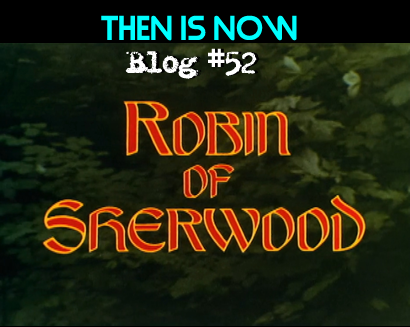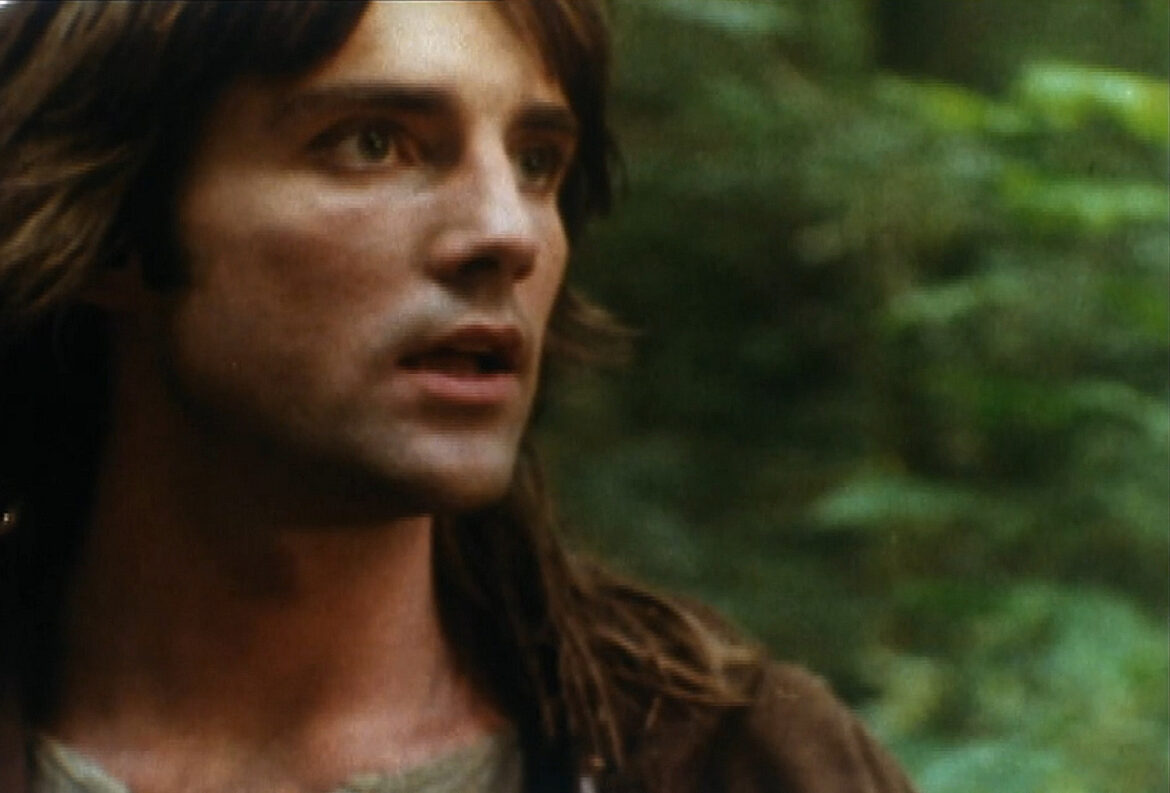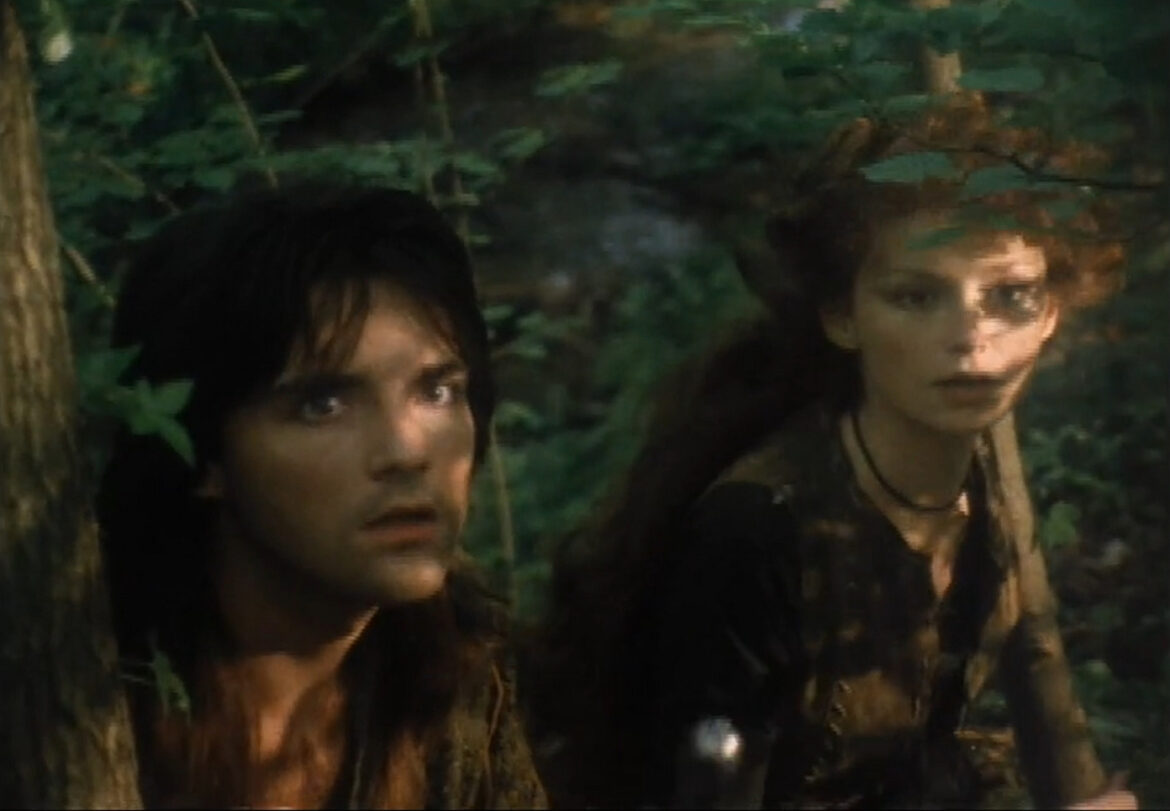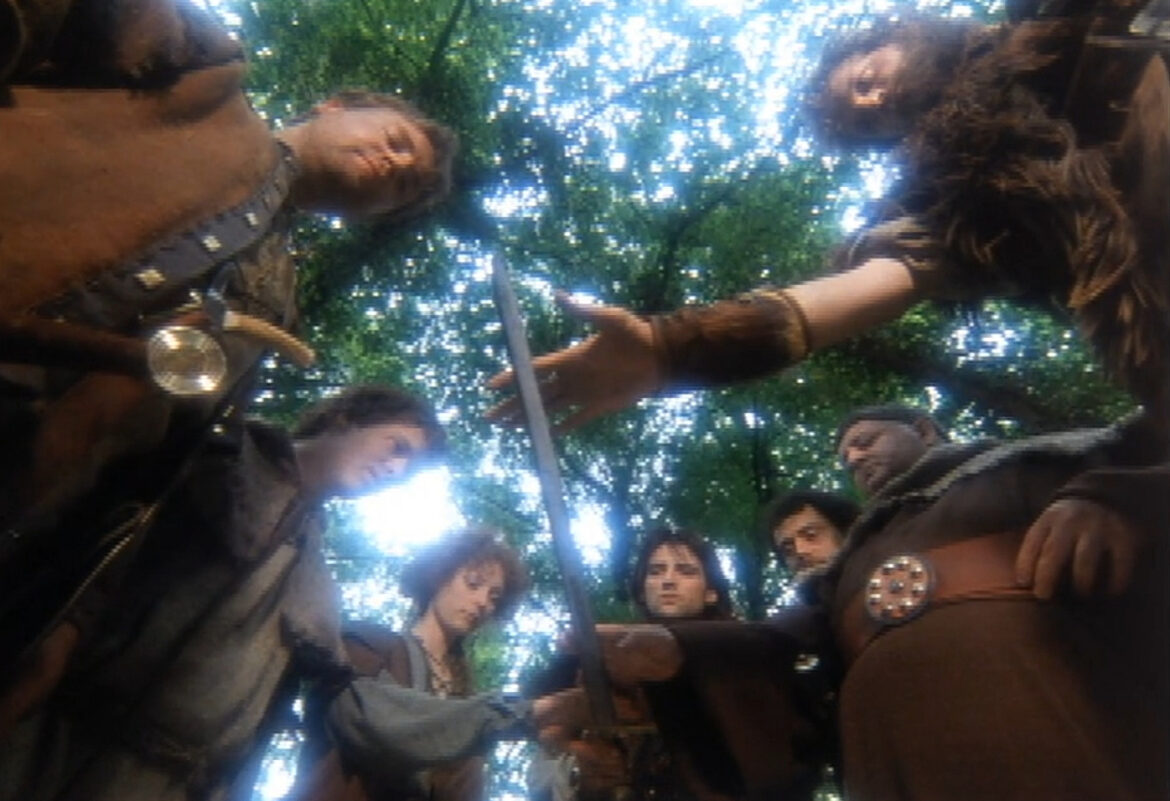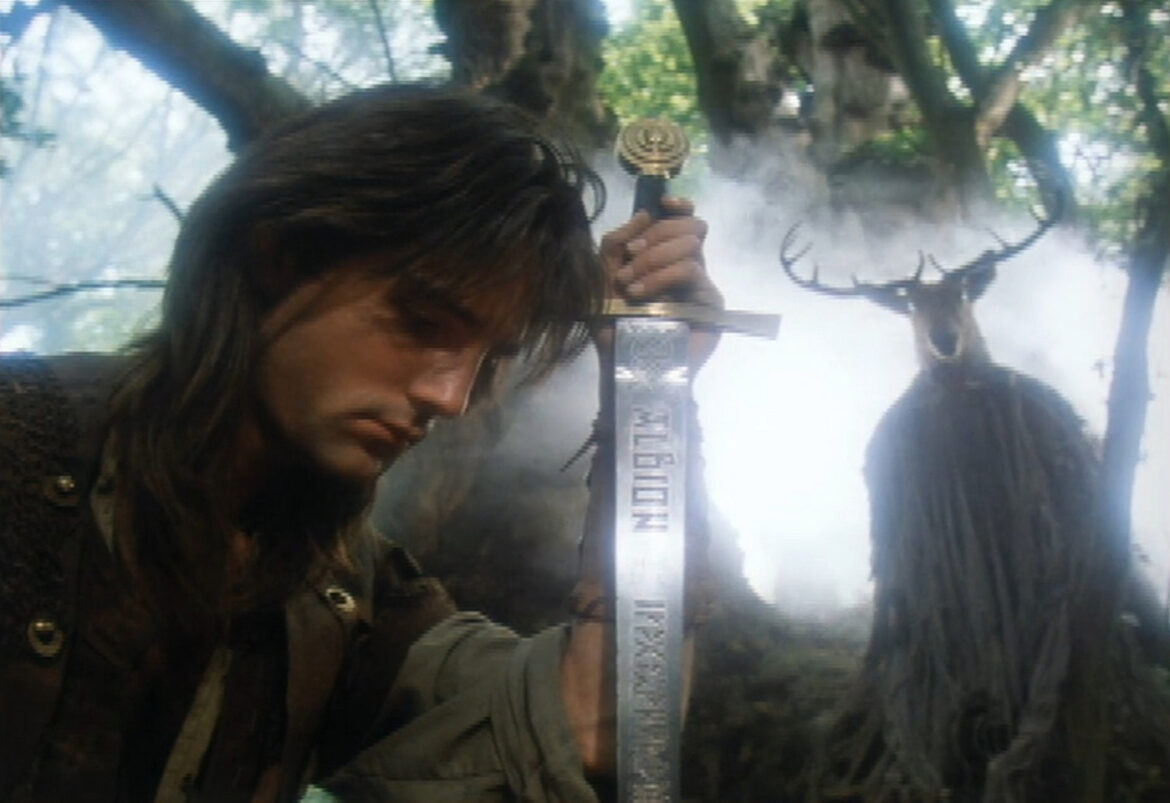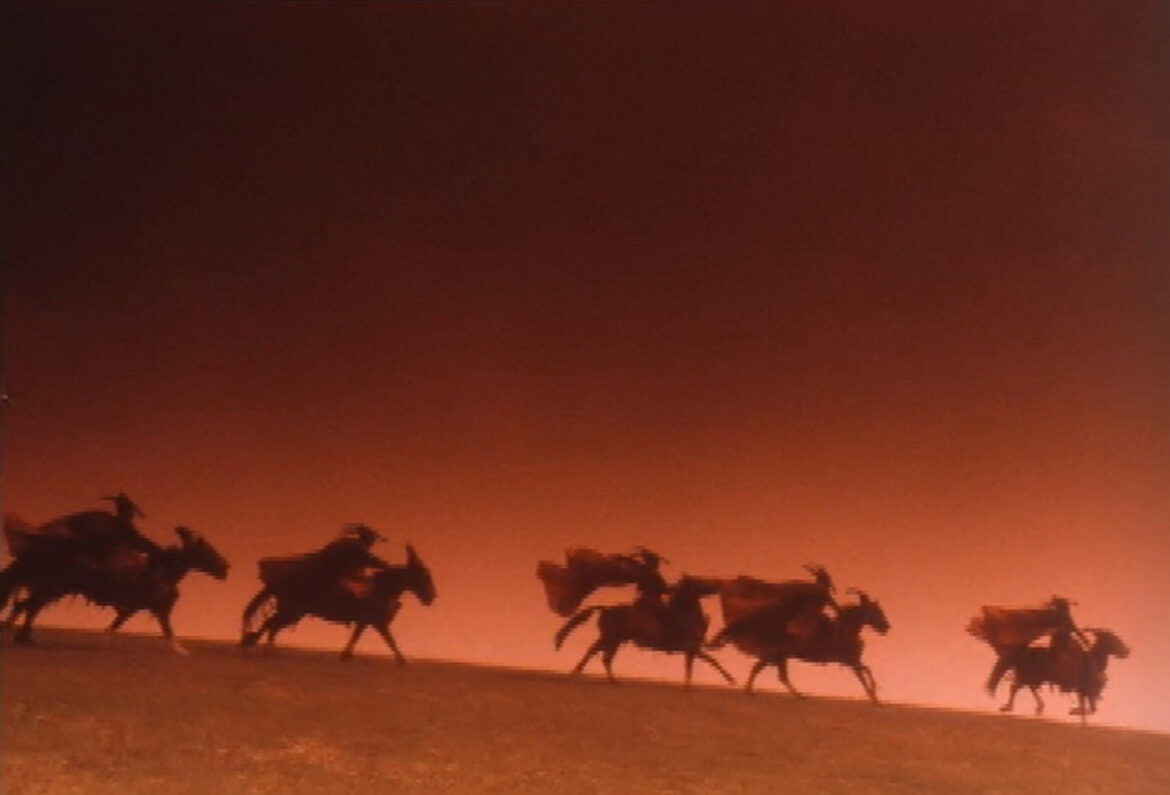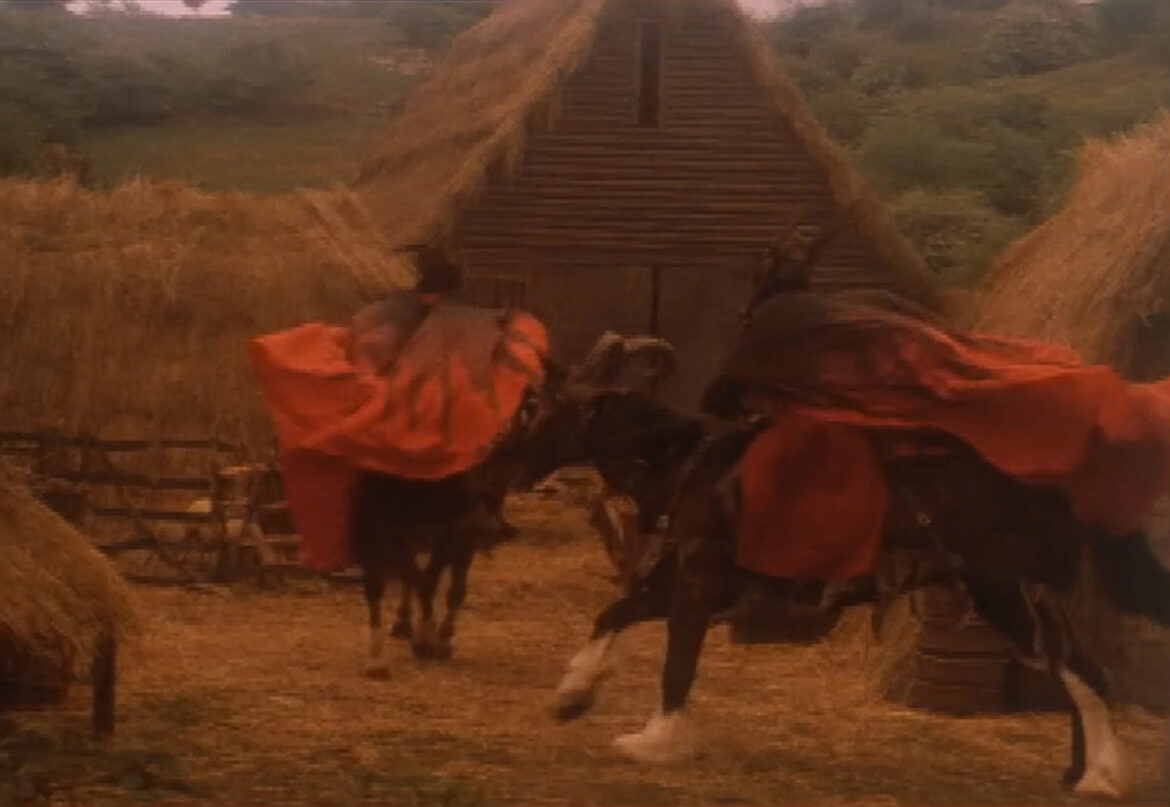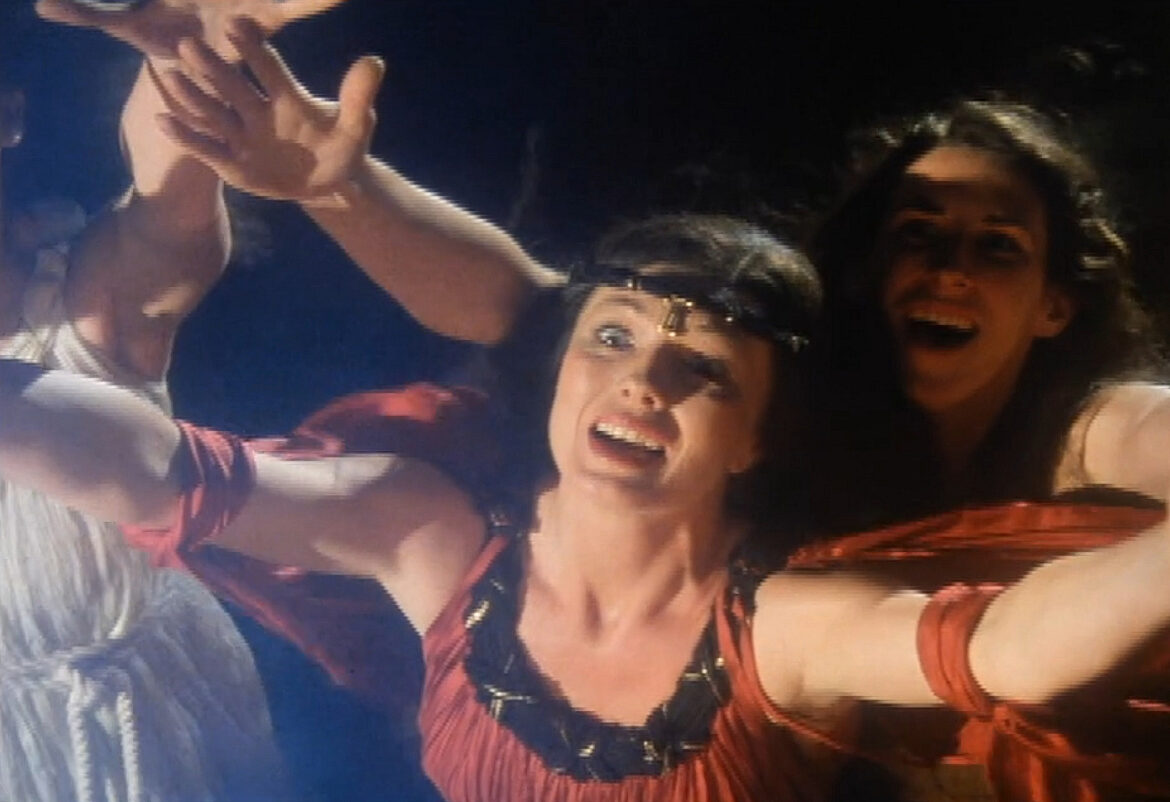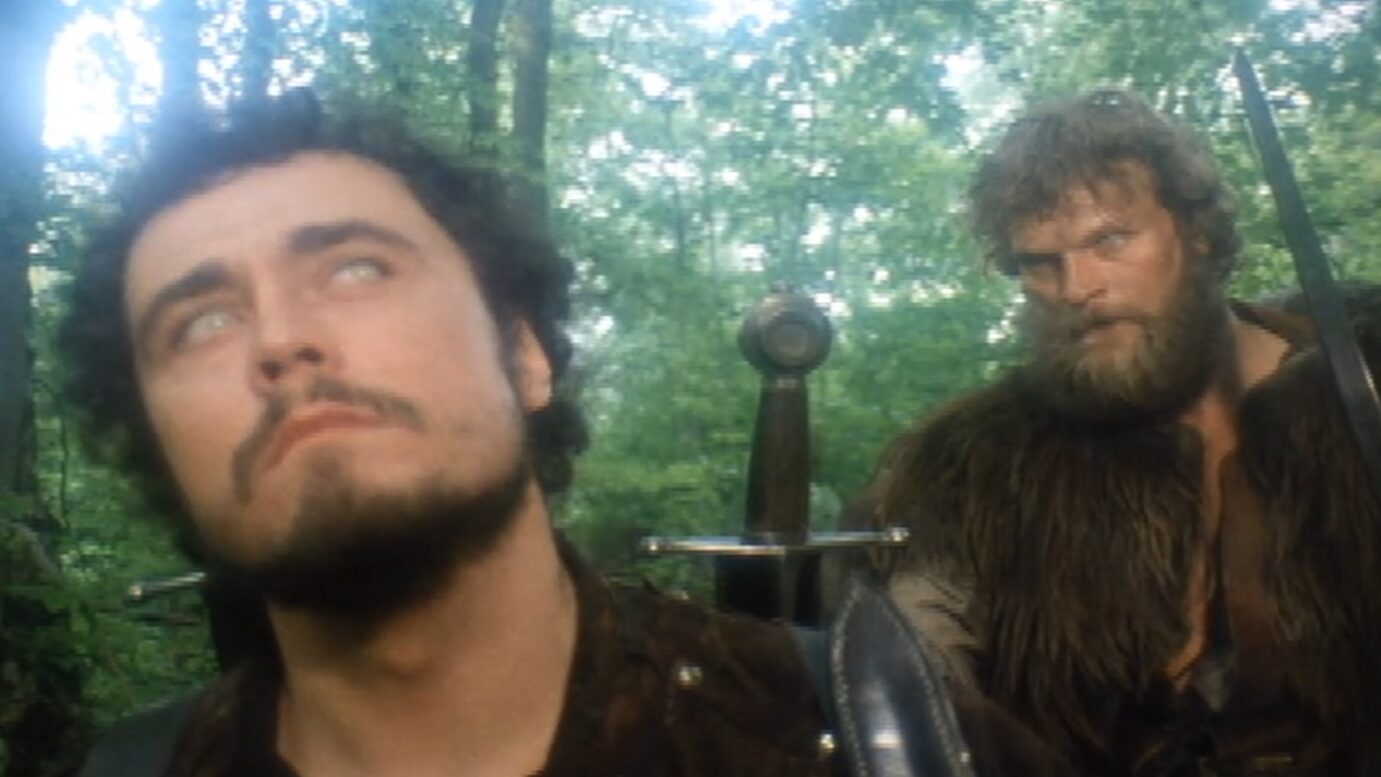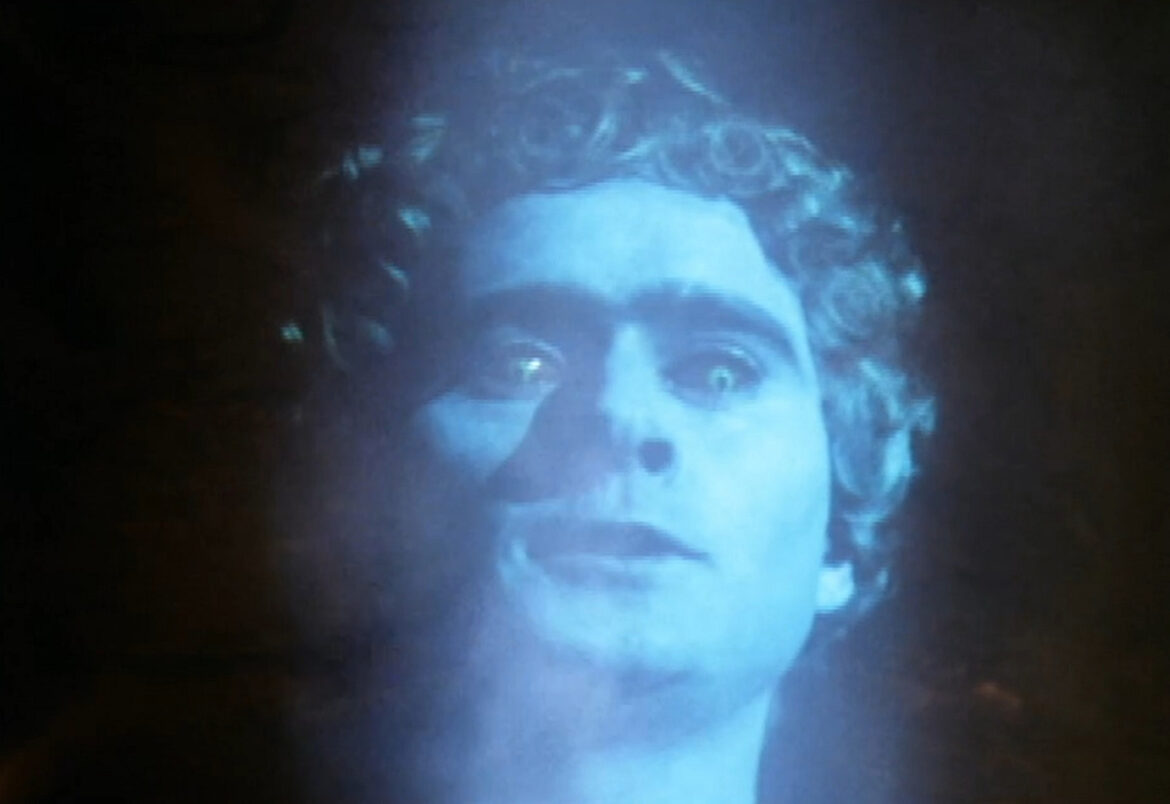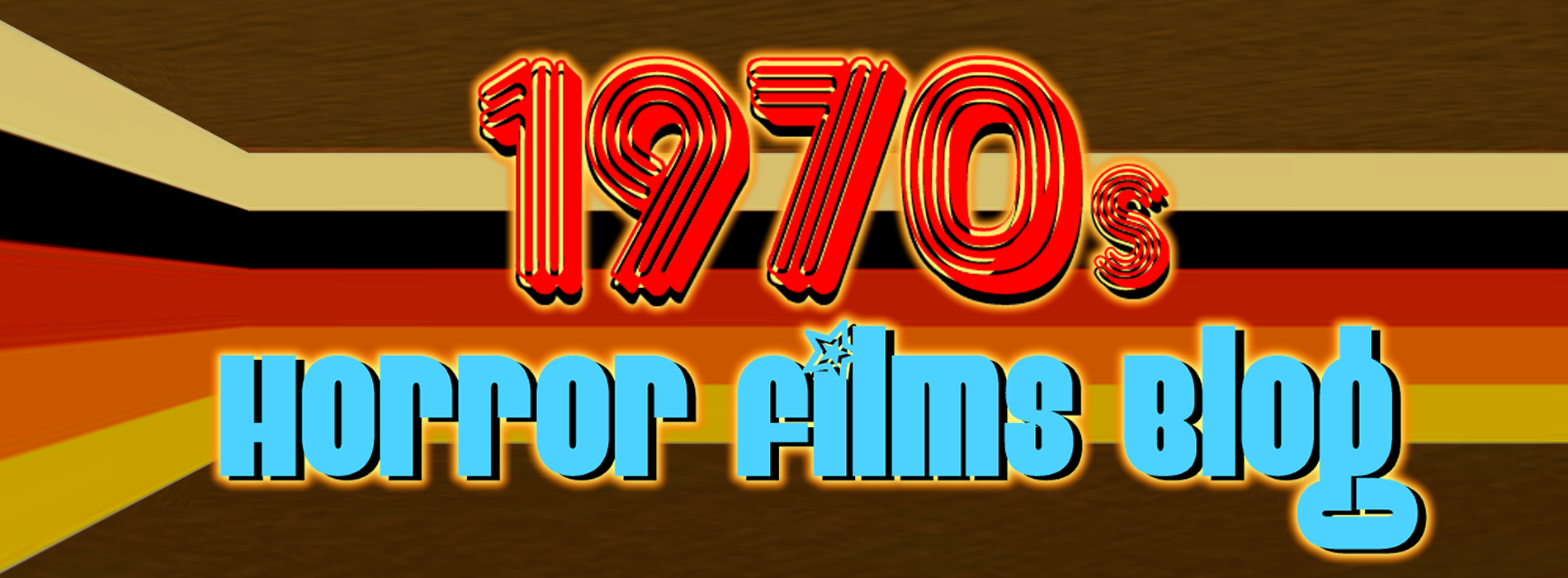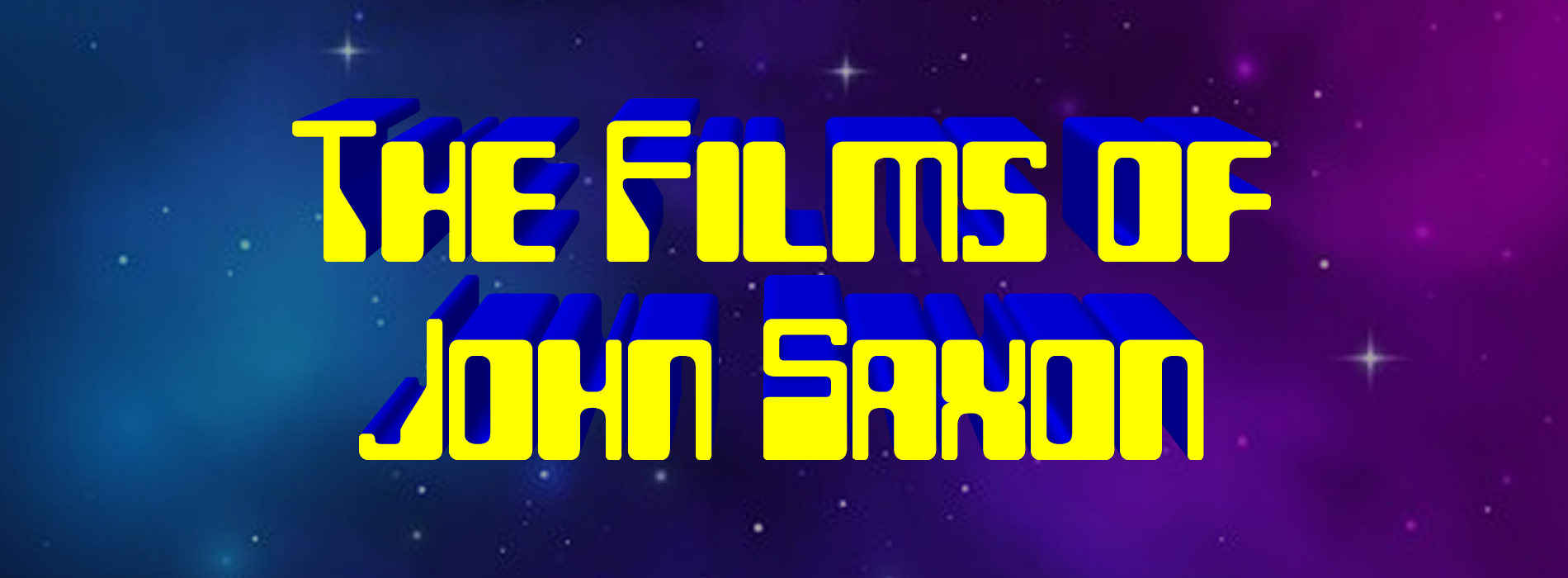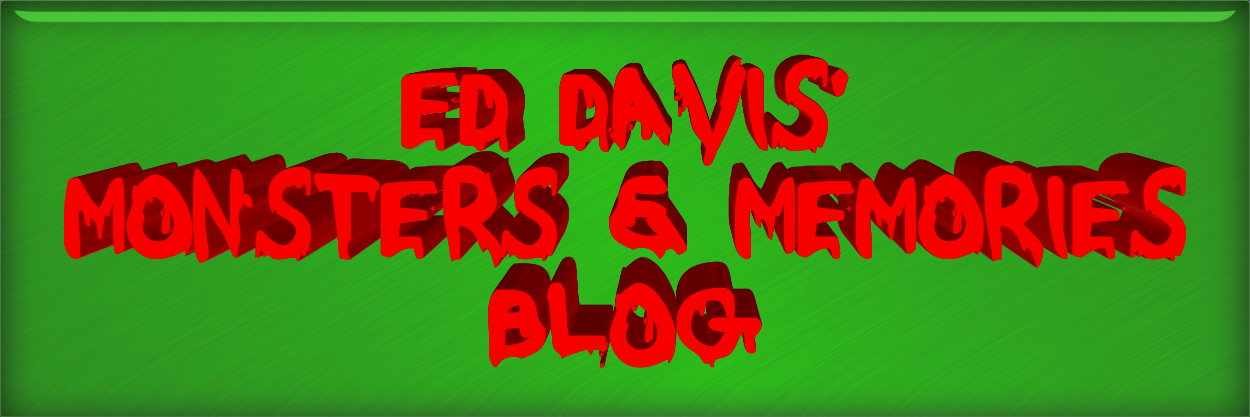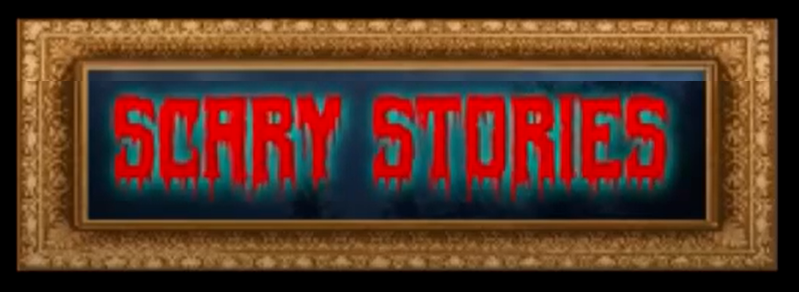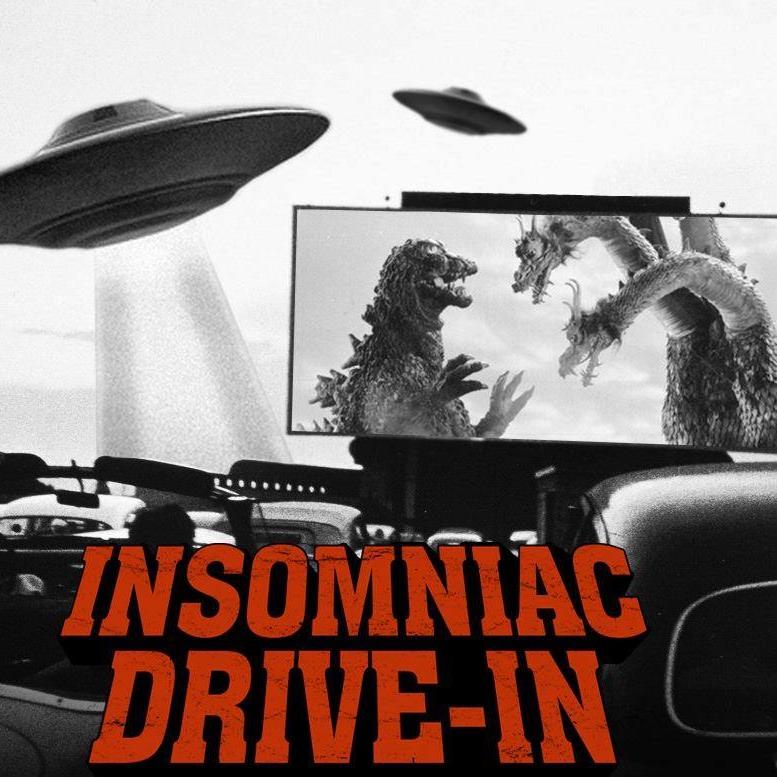After a ridiculously long hiatus, I’m finally getting things back on track. In conjunction with my Then Is Now Podcast, this blog will also cover pop culture of the past. If you’re interested, check out the other two blogs I recently started: 1970s Horror Films, and The Films of John Saxon. Now, on to my dive into forgotten TV shows! There have been many iterations of the Robin Hood legend in film and television, and the actual myth itself dates back to the 1300s. Since 1908, film and television have taken liberties with the stories, so for our purposes here, I won’t compare this show to the legendary tales.
Growing up, I was a fan of this hooded avenger, but my love for the character wasn’t cemented until the arrival of “Robin of Sherwood” on Showtime in the 1980s which has been hailed by some as the best and quintessential version. Something about it captivated me, and while Robin didn’t actually wear a hood (nor does he in several film and TV adaptations), actor Michael Praed was compelling and charismatic. For me, the show set the bar for Robin Hood adaptations really high, and is still the one by which I compare all other iterations to. For example, while Kevin Costner’s “Robin Hood: Prince of Thieves” did very well at the box office and has its merits, it pales in comparison to “Robin of Sherwood.”
Irish band Clannad provided the theme song and some amazing incidental music for the series, which is another reason to watch the show. I bought the soundtrack when it first came out and have it ingrained in my memory. Clannad had previously done music for a British TV series in 1982 called “Harry’s Game,” which was later also used in the Harrison Ford-starring film, “Patriot Games,” in 1992. Their music adds just the perfect touch of Celtic atmosphere that Carpenter lovingly sets up in the show, and the score won the BAFTA award for Best Original Television Music in 1984.
Through the years, I have honestly only met one person who was an even bigger fan of the show than me, but his claims of personally knowing Praed were dubious at best. Whenever I get a chance or reason to, I enthusiastically tell people about it! The show was created by veteran British producer Richard Carpenter, and aired from April 1984 to June 1986, with three seasons, originally for the ITV network in the UK., and then by Showtime in the US. What sets this apart from previous versions of the myth is it’s dark and moody atmosphere as well as incorporating pagan mythology and real-world history. The cast had great chemistry between each other, and that’s evident in just small interactions between them, such as Little John and Will Scarlett humorously butting their heads against each other when they agree to disagree.
Praed had been performing in a production of The Pirates of Penzance in London’s West End Theater, and was spotted by Carpenter’s casting director. The handsome actor definitely had a charisma that would capture the audience, and the choice for him to have long hair — giving him a passing resemblance to Journey front man Steve Perry — was a great choice in the mid-1980s.
The cast includes a great mix of veteran and up-and-coming actors starting with Praed as Robin of Loxley, who would go on to be in the 1987 sci-fi/horror flick “Nightflyers,” as well as playing Prince Michael of Moldavia on the American nighttime soap opera, “Dynasty.” Rounding out the cast is Peter Llewellyn Williams (“High Road to China”) as Robin’s adopted younger brother named Much, Clive Mantle (“Alien3,” and “Game of Thrones”) as Little John, Judi Trott (“Heaven’s Gate”) as Lady Marion of Leaford, Phil Rose (“EastEnders”) as Friar Tuck, Mark Ryan (“First Knight,” as well as voicing characters in several of the live-action “Transformers” films) as the Saracen assassin, Nasir, and Ray Winstone as Will Scarlett, who would go on to a modicum of fame in such films as “Sexy Beast,” “Beowulf,” and “The Departed.” Jason Connery (“Shanghai Noon”), son of legendary James Bond actor Sean Connery, would later take over the lead as the character Robert of Huntingdon. There are a few conflicting stories in the Robin Hood myths: one in which he was a peasant who rose to be the champion of the people, and one where he was a rich man who renounced his wealth in favor of giving back to the good citizens of Britain. Both Praed’s Loxley and Connery’s Huntingdon would embody the two myths seamlessly. The concept of having a Saracen warrior as part of Robin’s merry band would be borrowed for Morgan Freeman’s character in “Prince of Thieves.”
Leading the villains is veteran British actor Nickolas Grace (“Max Headroom” TV movie), as the long-suffering Sheriff of Nottingham, Robert Addie (“Excalibur,” and “Red Dwarf”) as his second in command, Sir Guy of Gisburne, and a special appearance in one episode by Richard O’Brien, who wrote and starred in “The Rocky Horror Picture Show” and its sequel “Shock Treatment,” who played a sorcerer named Gulnar.
In the series, Robin is called by spirit of the forest, Herne the Hunter (John Abineri, “Doctor Who,” “Red Dwarf”), and given a sword named Albion to become “The Hooded Man” (which he rarely wears) and oppose the forces of darkness by pulling together a team of like-minded individuals. After Robin is written out of the show, Herne summons rich boy Robert to take on the mantle and continue leading the merry band of outlaws. The infusion of magic in the show is done as believably as possible for a fictional piece, and adds an element of horror to some of the stories.
Winstone’s Scarlet, who’s original name is Will Scathlock, is the break-away character in the show, and it’s easy to see that he would go on to other major projects. When his wife is raped and murdered by evil soldiers, Will takes his revenge by killing all involved, thereafter changing his name to Scarlet due to the amount of bloodshed he inflicted. His character is a nice contrast to the more level-headed Robin, who keeps him in check until his berserker rage is needed. I was pleasantly surprised to find the show through a search on Pluto TV, and all three seasons are available. If you’re going to check it out, I highly recommend watching the season 2 episode “Swords of Wayland,” which was presented in two-parts but later recut into a film. I can’t recall which I saw first, “Wayland” or the show’s premiere, but as the pilot takes a bit to have Robin find his way and his team, you only need a passing knowledge to enjoy “Wayland” and dive right into this series’ mythos.
The plot of “Swords of Wayland” involves a coven of Satan worshipers that hide under the guise of a group of nuns in Ravenscar Abbey, led by the evil Morgwyn (Rula Lenska, “Coronation Street”). Every so often, Morgwyn unleashes “The Hounds of Lucifer,” brainwashed soldiers wearing horrific masks and billowing capes that when they ride on horseback, look like they’re leaving a trail of flames straight out of hell. Their look is clearly a nod to Amando de Ossorio’s “Blind Dead” films, and the story deals with how the uneducated civilians are easily fooled by what they believe to be flying demons. Morgwyn’s goal is simple: she wants to retrieve the seven swords of Wayland (of which Albion is one), “charged with the powers of light and darkness.” Once brought together, the swords’ combined magic, along with a ritual, will bring Lucifer himself into the world. In a truly chilling sequence, Robin’s men are under the magical control of Morgwyn, and their eyes turn white as they try to kill him and Marion. The story is thrilling and engaging, evincing the best the series has to offer.
Overall, the series is a one-of-a-kind lightning in a bottle and it’s too bad it didn’t go on to a fourth season. Apparently, Carpenter couldn’t find the funding but also tried to make a feature film based on the show in 1991, however the wide releases of Costner’s “Prince of Thieves” and “Robin Hood” with Patrick Bergin, Uma Thurman, and Jürgen Prochnow saturated the market to the point where financial backers couldn’t justify yet another Robin Hood film. I find that when I’m trying to get someone interested in the show, I simply say, “Just watch ‘Swords of Wayland’ where Robin and his men must battle the satanic Hounds of Lucifer,” and that’s usually a cool enough description to get people interested. Upon rewatching the series, I found it definitely stands the test of time and still holds up incredibly well today. One of the lines repeated in the series is, “Nothing’s forgotten. Nothing is ever forgotten,” and hopefully if people spread the word, “Robin of Sherwood” won’t either. I highly recommend checking it out!

